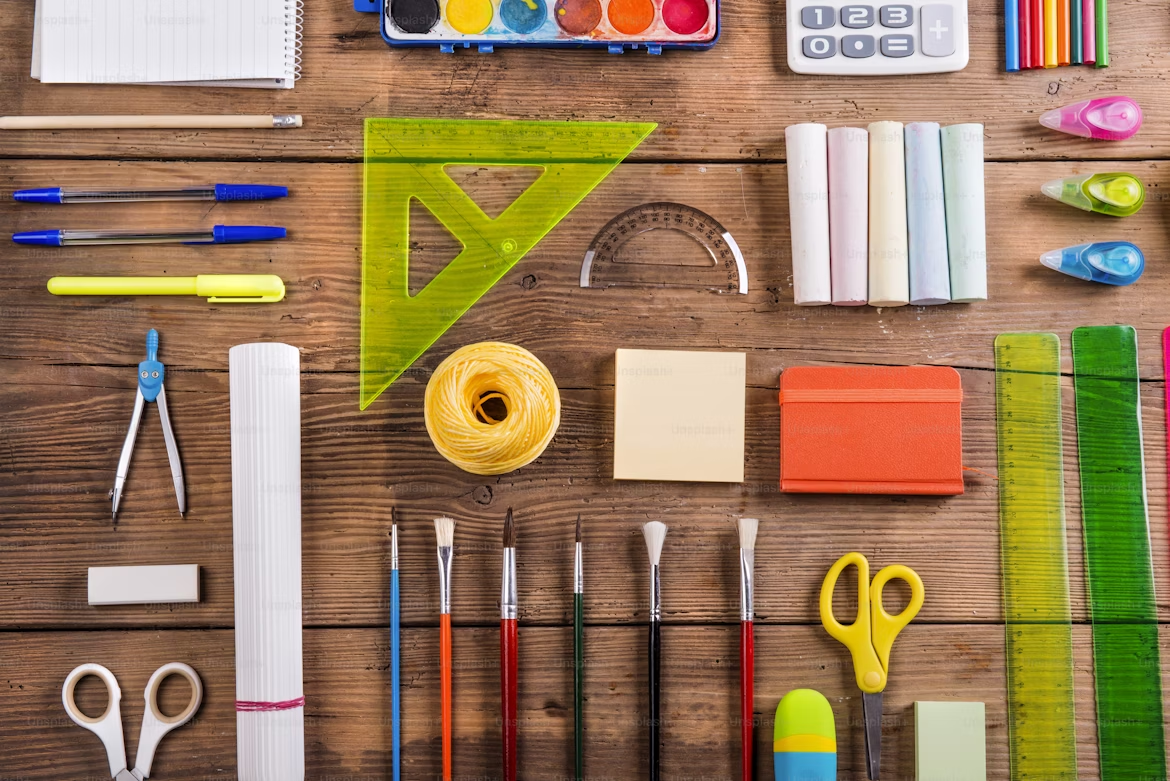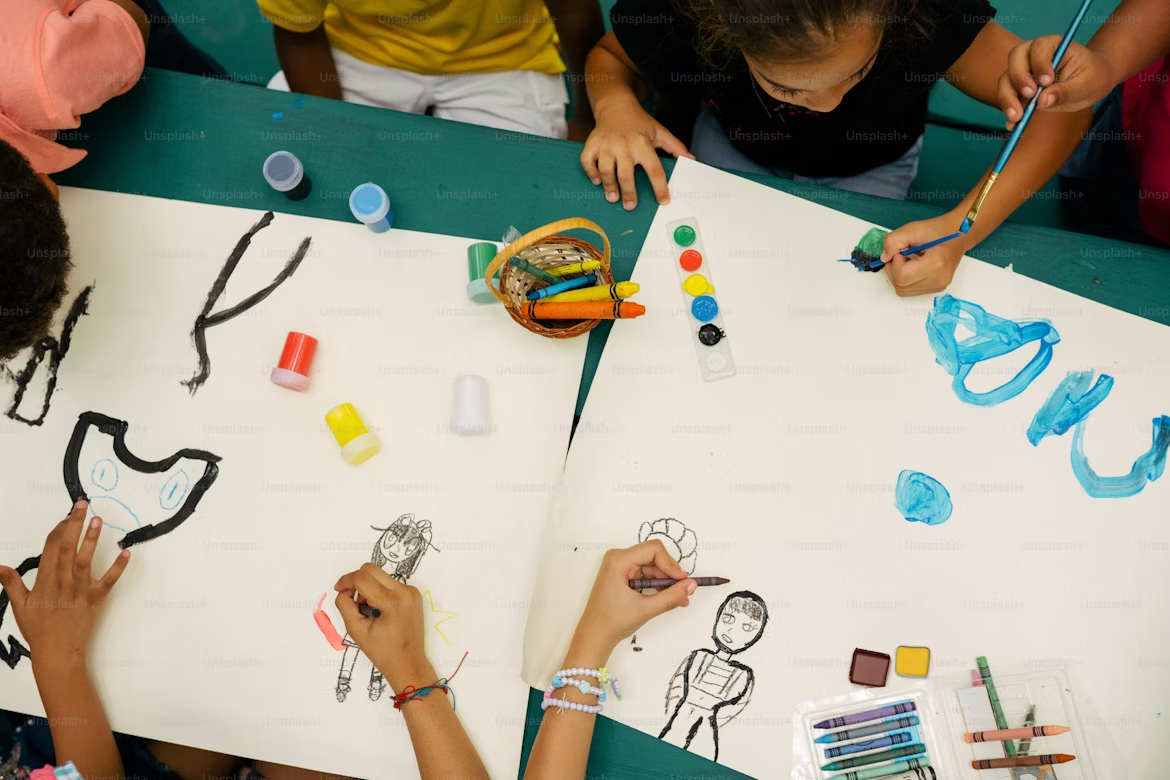As consumers become increasingly aware of their environmental impact, the demand for sustainable packaging solutions has surged. Traditional plastic packaging has drawn criticism for its role in environmental degradation, prompting industries to seek alternatives that not only meet product protection needs but also minimize ecological footprints.
The Shift Towards Sustainability
The packaging industry has seen a notable shift towards sustainability in recent years. Eco-friendly paperboard solutions have emerged as a frontrunner in this transition. Paperboard, made from recycled materials or sourced from sustainably managed forests, offers a biodegradable alternative to plastic, aligning perfectly with the principles of the circular economy.
Benefits of Eco-Friendly Paperboard Packaging
- Biodegradability: Unlike plastic, paperboard degrades naturally, reducing the long-lasting waste burden on landfills.
- Recyclability: Paperboard can be easily recycled, promoting a sustainable lifecycle and reducing the need for new raw materials.
- Lightweight Design: Paperboard is generally lighter than plastic, which can significantly lower transportation costs and carbon emissions.
- Customizability: Eco-friendly paperboard is highly customizable in terms of design and branding, allowing businesses to enhance their product appeal.
Leading the Way
Numerous companies are leading the charge towards eco-friendly paperboard solutions. From small startups to large corporations, the transition to sustainable packaging is reshaping their branding and operations:
- Unilever: This consumer goods giant has committed to making all of its plastic packaging recyclable, reusable, or compostable by 2025, with a significant focus on paperboard.
- Procter & Gamble: They have introduced paperboard packaging for several products, aiming to reduce plastic usage and promote recycling globally.
- Tetra Pak: Renowned for its innovative food packaging, Tetra Pak is continuously enhancing its paperboard packaging line to ensure minimal environmental impact.
Challenges Ahead
Despite the promising prospects of eco-friendly paperboard solutions, several challenges remain. Manufacturers must ensure that paperboard packaging meets robustness and performance standards, particularly for products requiring extended shelf life. Additionally, the industry must address the costs associated with sourcing sustainable materials and the development of efficient recycling systems.
Conclusion
As the packaging landscape continues to evolve, eco-friendly paperboard solutions stand at the forefront of innovation. By embracing these sustainable alternatives, companies can significantly contribute to reducing their environmental footprint while satisfying the growing consumer demand for responsible practices. The transition to eco-friendly paperboard is not just a trend; it’s a necessary evolution in the quest for a sustainable future.





